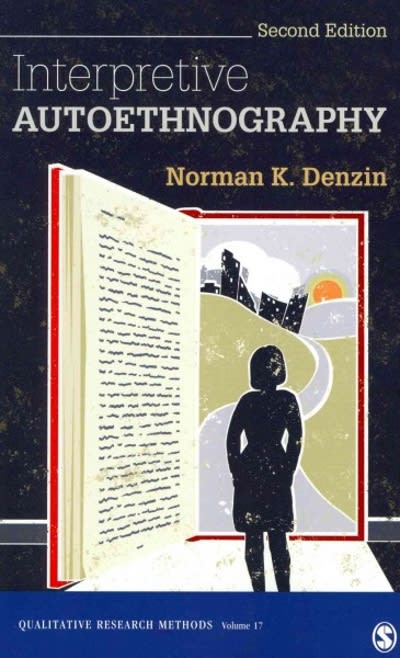Question
can you please help me formualte a response to this post using one of the references or more please The modularity hypothesis originated by Jerry
can you please help me formualte a response to this post using one of the references or more please
The modularity hypothesis originated by Jerry Fodor, who stated that "some cognitive processes, in particular, perception, and language are modular." (Galotti, 2018, p. 260) Modular processes are field-specific. Modular domains restrict their operation to specified inputs. Modular domains only support specific input types and are not compatible with others. "The modularity hypothesis then argues that certain perceptual and language processes are modules." (Galotti, 2018, p. 260) The modularity hypothesis can be used to suggest treating specific facets of language to be autonomous of the cognitive process. (Galotti, 2018) "Fodor argued that sentence parsing involves processes specific to dividing phrases and words into constituents." (Galotti, 2018, p. 260) These activities are exclusively used for analysis and possess minimal utility in cognitive responsibilities.
The Whorfian hypothesis presents a counterargument to the modularity hypothesis by asserting that there exists a significant correlation between cognitive processes and language. The concept was formulated by Benjamin Whorf, who stated that "language both directs and constrains thought and perception." (Galotti, 2018, p. 261) Whorf believed that our language, through our ideas and feelings and our perception of the world around us, evolves and grows as we do. The cognitive function then arranges this information and can potentially change our thought processes. "Whorf based his hypothesis on the observation that each language differs in how it emphasizes various aspects of the world." (Galotti, 2018, p. 261) Many scientists have worked to support the Whorf theory. "Whorf may not have been right on all counts, but he was not wrong either. The fact that language plays a role in shaping our thoughts, modifying our perception, and creating reality is irrefutable." (Hussein, 2012, p. 645)
References
Galotti, K. M. (2018). Cognitive psychology in and out of the laboratory. Sage Publications.
Hussein, B. A. (2012). The Sapir-Whorf hypothesis today. Theory and Practice in Language
Studies, 2(3), 642-646. https://doi.org/10.4304/tpls.2.3.642-646Links to an external site.
Step by Step Solution
There are 3 Steps involved in it
Step: 1

Get Instant Access to Expert-Tailored Solutions
See step-by-step solutions with expert insights and AI powered tools for academic success
Step: 2

Step: 3

Ace Your Homework with AI
Get the answers you need in no time with our AI-driven, step-by-step assistance
Get Started


